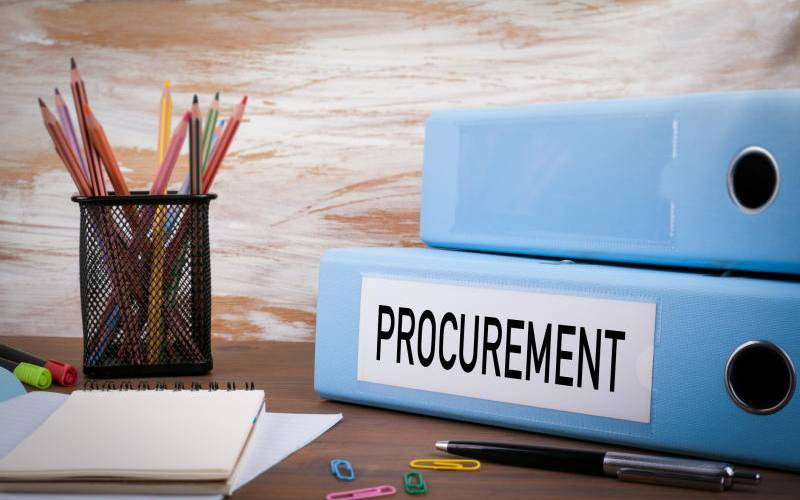×
The Standard e-Paper
Home To Bold Columnists

Bidders of State projects are not given enough time to prepare for the advertised tenders, a new index on governance has shown.
The 10th round findings of the Africa Integrity Indicators (AII), prepared by Africa Institute of Development Policy (Afidep), a policy think-tank, show that Kenya scored 50 per cent on the public procurement processes.